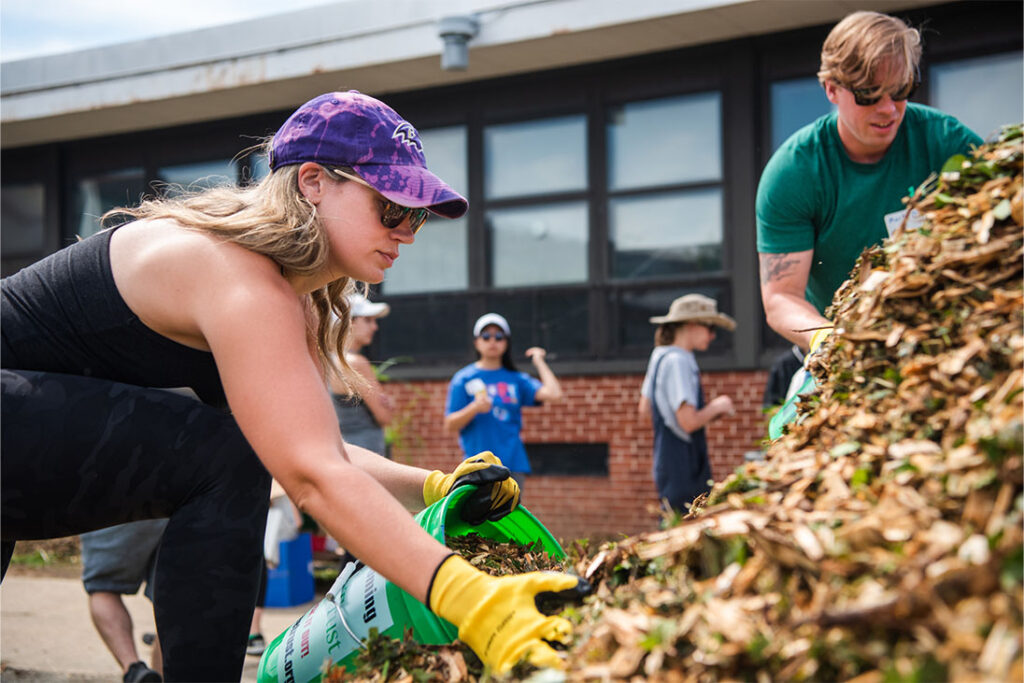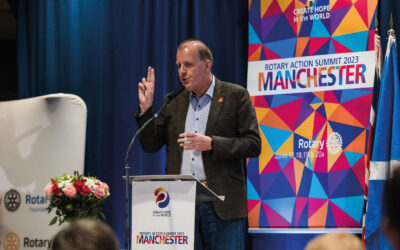Over the past decade, the face of Rotary has changed.
Whereas there is still a place for ‘traditional’ Rotary clubs, we also need to look for more flexibility to meet the needs of prospective members.
People want to volunteer; this is a fact. Rotary is competing against so many other organisations, however few offer the opportunities which Rotary International does.
Listen to this article
This is why our flexible clubs are so important to the future of the organisation. This will ensure Rotary is alive and well in your locality for future generations.
The starting of a new flexible attractive club could be the most important project your club has ever embarked upon.
Let’s look at some of the possibilities for new flexible clubs.
TRADITIONAL
Probably the most well-known. Meets weekly in the same venue, has a meal and invites speakers. Usually practices traditions that are valued by the members. This type of club would usually be an expensive option due to the eating of dinner/lunch.
PASSPORT
Based within the boundary of the district, this club has officers like traditional clubs but meets predominantly online. Its members visit different clubs where they join in and assist projects. They have the freedom to be a Rotarian without being tied to a fixed meeting time and place. Passport members also often run their own projects and activities in local teams.
CAUSE-BASED
A club that has members with a common goal or support a similar cause. They are also free to support other Rotary activities. An example is the recently formed Bipolar Rotary E-Club.
CORPORATE
A club whose membership works for the same employer. A way of a company exercising its corporate responsibility. This can be done on a large scale or with small companies by giving them corporate membership within an existing club.


The starting of a new flexible attractive club could be the most important project your club has ever embarked upon.
ALUMNI-BASED
Made up of those who have been involved in Rotary’s exchange programmes and activities. This can also consist of past Rotaractors and RYLA participants. For example, the Rotaract club for Young Citizens recently formed in London.
INTEREST-BASED
A club that focuses on a particular interest or hobby, these can be born out of Rotary fellowships or Rotary Action Groups, and are usually based online.
E-CLUBS
Allowing the flexibility of meeting online and completing online projects. Some of these clubs have members from across the globe and have no district borders.
DIRECT MEMBERSHIP
People join as a member of the organisation but not with a particular club. This is a central hub hosted on Microsoft Teams which enables people to serve with others in specialist areas and puts them in contact with Rotary clubs in their community.
What must be remembered about all of these clubs is that regardless of their names, they are all Rotary clubs. They do the same work as Rotary has ever done but they do it in a different way.
All of these clubs share the same ethos and beliefs as other Rotary clubs.
By having a flexible club in your district, you are allowing a more diverse membership to flourish.
For more details on how to decide which club you should start please contact the Specialist Adviser Team by visiting the Members Area.


























































